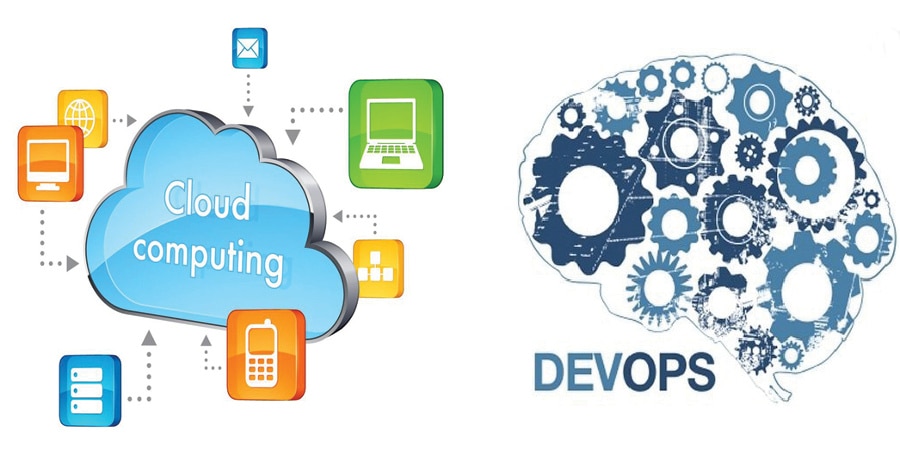
Cloud computing is a model for delivering computing resources, including storage, networking, and processing power, over the internet. It is a powerful technology that aids organizations to implement DevOps strategies, enabling cultural and technological transformation needed to compete in the modern software marketplace.
Effective working of DevOps and Cloud computing enable the creation of efficient and agile software development and deployment processes. Cloud computing is very key in DevOps practices as it facilitates IT transformation with appropriate tools and automation. The full potential benefit of DevOps processes and way of thinking cannot be implemented with the omission of the cloud. The two are dependent on each other for a total gain of its importance to both developers and the organizations.
Let’s take a closer look at how these two technologies work together.
Centralized platform
DevOps platform for testing, deploying, and production is achieved through the centralized nature of cloud computing. DevOps practices ie. department interworking would not be achieved with the traditional distributed way of software deployment. The usage of cloud platforms curbs the various challenges experienced with decentralized or rather distributed systems.
Mobility & Flexibility
Cloud provides security gateways that facilitate enterprise resources to users from any part and device with network security still at its best. This mechanism enables enhanced collaboration of workers and project expertise. There are inbuilt security measures that help curb the vulnerabilities associated with easy access to resources by workers.
Self-service mechanism
Cloud computing also enables users to create self-service methods for provisioning infrastructure through various service catalogs ie AWS service catalog. Developers have the opportunity to develop new ideas, test the relevance of the idea and if they fail, redesign the idea. This helps in faster production of software products other than waiting for the whole IT team to provide such services to them.
Security measures
The integration of security into the cloud environment is done by the expansion of DevOps to DevSecOps. The idea of the DevSecOps team is to build and incorporate security into the DevOps lifecycle. Cloud security helps in managing digital resources, considering they are easily accessible, to avoid unreasonable risks.
Monitoring
Various cloud service providers offer monitoring and observability services, specifically designed for developers, DevOps engineers, and IT managers. The benefit of such services includes providing meaningful insights to monitoring applications, optimizing resource allocation, helping to respond to changes in performance, and offering a somehow unified system to keep track of the general behavior of the application.
Cloud computing has been able to reduce the time needed to access development platforms to minutes as opposed to the longevity of access before. Developers can seamlessly access platforms. For example, it instantiates a LAMP stack (Linux, Apache, MySQL, and PHP), and sophisticated application ecosystems like SAP in just a click hence development is made easier.
Enhanced Productivity
Many business enterprises facilitate their DevOps teams to have an on-site platform or a blend of both cloud-based and on-site. For the enhancement of workers’ productivity, migrating to cloud solutions is such a need. The tools provided by the cloud enable the services such as continuous integration, testing, and deployment to occur hence enhancing production processes.
In a nutshell, by using DevOps and cloud infrastructure teams can move faster and release software more frequently, while also reducing the risk of errors and downtime.











